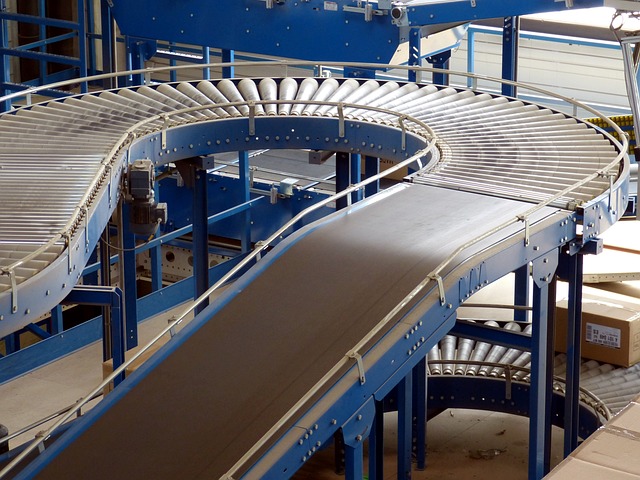The Tiny House Movement, a social and architectural trend advocating for downsizing living spaces, is gaining momentum, particularly amongst the millennial generation. Faced with economic uncertainties, environmental concerns, and a desire to lead minimalistic, purpose-driven lives, more and more millennials are saying goodbye to traditional housing norms and hello to compact, efficient tiny homes. This article explores the reasons behind this shift and what it signifies for the future of housing.
Economic Viability
Tiny homes offer a financially sound alternative for millennials, many of whom are burdened with student debt and find the prospect of a traditional mortgage daunting. The lower cost of tiny homes, both in terms of initial purchase and maintenance, offers them financial freedom and a path to homeownership that is more within reach. Moreover, Clever Tiny Homes are not merely cost-effective, they also showcase innovative design solutions that maximize functionality while minimizing square footage, meeting the needs of millennials who prioritize practicality and simplicity. With reduced expenses, millennials can allocate their resources towards other important aspects of their lives such as education, travel, or starting a business.
Environmental Footprint
Millennials, the environmentally conscious generation, are increasingly embracing the Tiny House Movement as it perfectly aligns with their ethos. These compact homes require fewer resources to build and less energy to heat, cool, and maintain, making them an incredibly sustainable housing option. Moreover, the smaller size of tiny homes encourages a simpler lifestyle, fostering a reduction in consumption and waste. By wholeheartedly embracing the concept of tiny homes, millennials can actively contribute to creating a greener future and effectively minimize their ecological footprint.
Freedom and Flexibility
The Tiny House Movement offers a unique lifestyle unburdened by the limitations of traditional housing. With tiny homes that are often mobile, millennials are granted the freedom to roam and discover new destinations, all while avoiding the commitments of a conventional house. This newfound flexibility empowers them to explore various regions, seize career prospects, and truly engage with diverse communities. Moreover, the compact nature of tiny homes fosters a minimalist way of living, encouraging individuals to place greater emphasis on experiences and personal growth rather than material possessions. By embracing this alternative housing option, individuals can embark on a fulfilling journey of self-discovery and liberation.
Embracing a Minimalistic Lifestyle
In today’s fast-paced world, many millennials are increasingly drawn to the principles of minimalism. By consciously choosing to live with less, they aim to create a more meaningful and fulfilling life. One popular manifestation of this mindset is the rise of tiny homes, which offer limited space but encourage a decluttered, simple lifestyle. These compact dwellings prompt individuals to reevaluate their possessions and prioritize experiences over material possessions. Through downsizing and eliminating unnecessary belongings, millennials can cultivate a sense of contentment and mindfulness in their everyday lives. This intentional way of living allows them to focus on building meaningful relationships, personal development, and pursuing their passions with greater clarity and purpose.
Thriving in Community-Oriented Living
In parallel with the minimalist movement, tiny house communities are springing up all over, providing a unique sense of connectedness often absent in traditional neighborhoods. These communities embrace a shared ethos and sense of purpose that resonates deeply with the millennial desire for community and connectivity. Living in a tiny house community offers numerous opportunities for collaboration, social interaction, and support from like-minded individuals. Millennials can forge strong relationships, engage in collective activities, and actively contribute to a vibrant and inclusive community atmosphere. By embracing this community-oriented lifestyle, they not only find a place to call home but also a network of individuals who share their values and aspirations.
Future of Housing
The rise of the Tiny House Movement amongst millennials may have significant implications for the future of housing. It challenges traditional norms and points to a shift in what younger generations perceive as necessary and valuable in a home. Tiny homes represent a departure from the idea that bigger is better, emphasizing the importance of efficient use of space, sustainability, and individual freedom. As this movement gains momentum, it has the potential to reshape the housing industry, inspiring innovation and prompting a reevaluation of societal expectations surrounding homeownership. Only time will reveal the long-term impact of this movement on housing trends and the way we conceptualize our living spaces.
The Tiny House Movement is much more than a trend amongst millennials; it is a testament to a changing societal landscape defined by economic realities, environmental concerns, and a yearning for simplicity and community. As this movement continues to gain traction, it has the potential to fundamentally transform housing norms and societal expectations surrounding homeownership. As millennials continue to embrace tiny homes, we may see a marked shift towards more sustainable, flexible, and community-oriented living arrangements in the future. This movement serves as a reminder that sometimes, less truly can be more.






